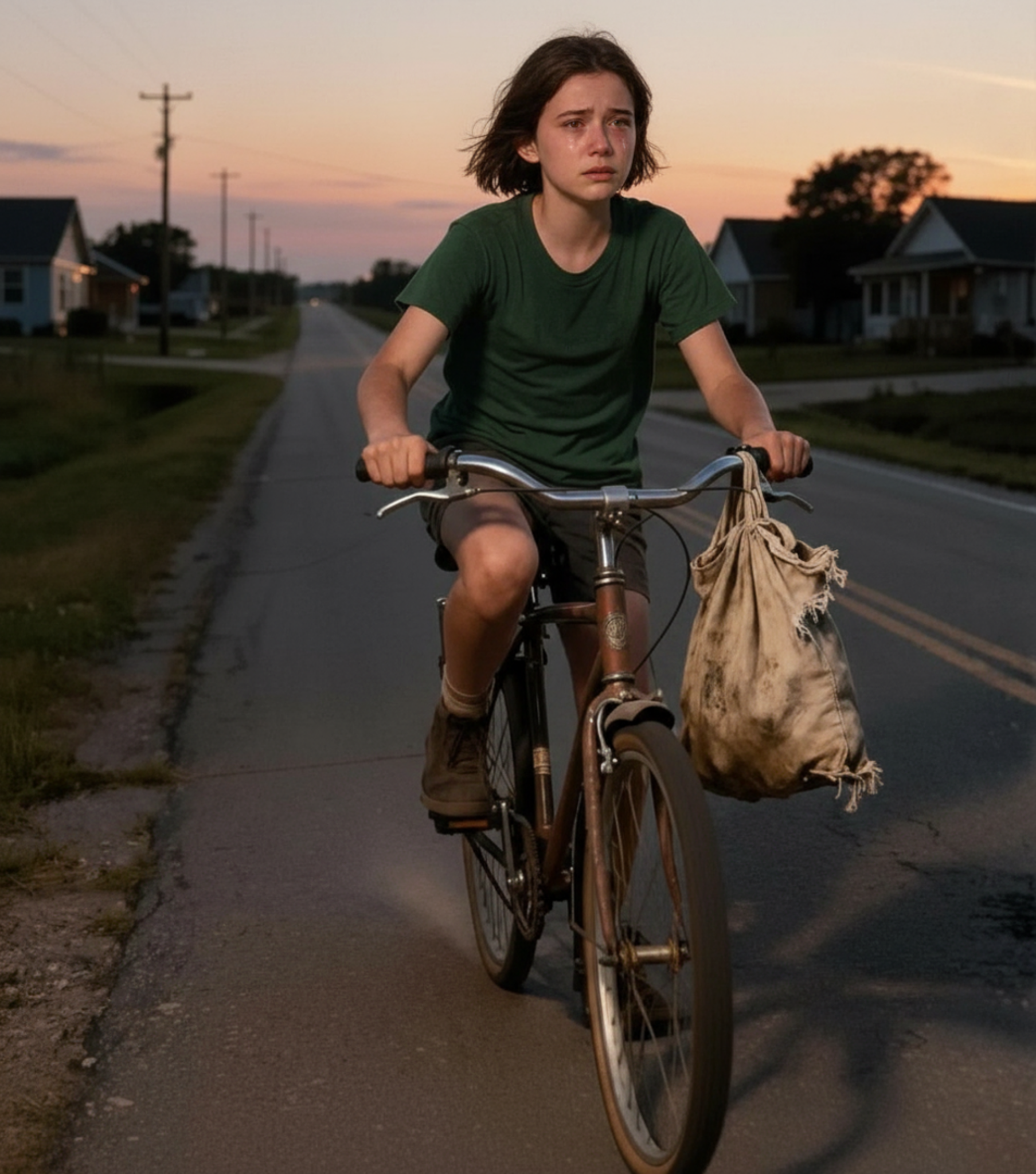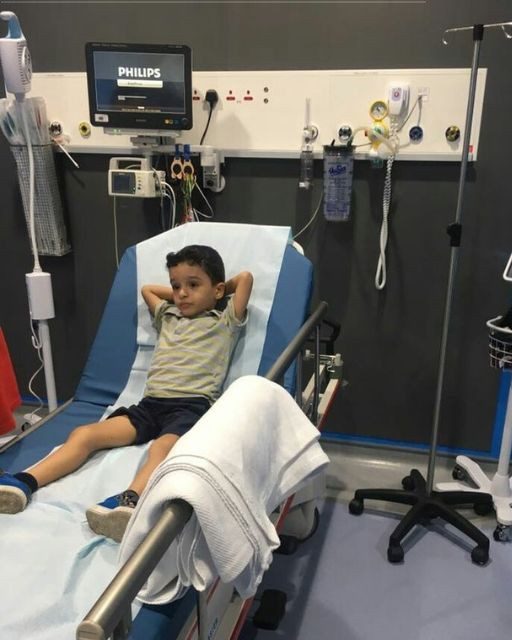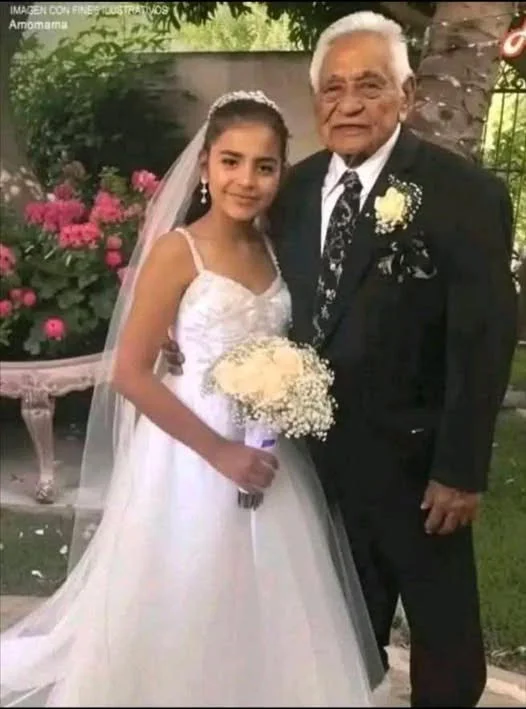When I was seventeen, I walked into my home expecting dinner in the oven or a half-watched show playing in the living room. Instead, I found silence. The furniture was gone. The pictures had been taken off the walls. Even the coffee maker was missing. Everything that made it a home had vanished—along with my family.
All that remained was a single note, taped to the bare kitchen counter. Four words, hastily scribbled in my mother’s familiar, shaky handwriting: “You’ll figure it out.”
No explanation. No forwarding address. No goodbye.
For two days, I thought it had to be a mistake. Maybe something happened. Maybe they’d be back. But deep down, I knew the truth. They were gone—and they weren’t coming back.
That note marked the beginning of a new life, one I never asked for. A life where I had to grow up overnight, finish high school on my own, work just to eat, and carry the weight of abandonment without breaking. I built my world from scratch—no safety nets, no support system, just grit, survival, and a few people who showed up when no one else did.
I never expected to hear from them again.
But twelve years later, after carving out a stable, quiet life—an apartment, a job, a chosen family—I got a message. One I never imagined seeing. It was from my mother.
“Trvina, sweetheart… can we talk?”
She said they were sorry. That things were “complicated.” That they had “faith” I’d survive.
Now my father was dying, and they wanted to see me. To make things right. To come back into the life they left me to build alone.
What do you do when the people who walked away from you try to walk back in? When the pain you buried gets stirred by the very voices that caused it? Do you go, or do you close the door for good?

This is the story of what happened when I chose to go.
Not for them. For me.
For closure.
For peace.
For the seventeen-year-old girl left holding a note in an empty kitchen.



